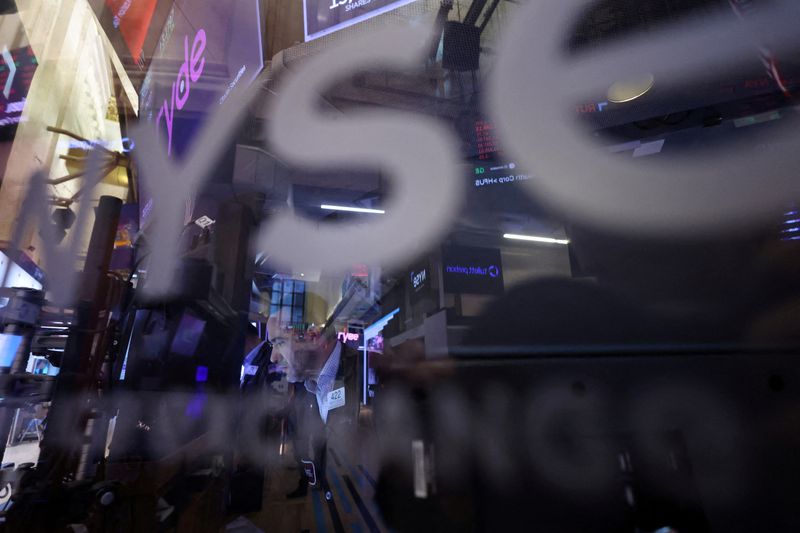Is the small-cap rally sustainable? Wells Fargo weighs in


U.S. small-cap equities, represented by the Index, have outperformed the S&P 500 Index by over 10% since early July, driven by expectations of Federal Reserve rate cuts and market speculation around the upcoming election.
For an asset class that has persistently underperformed for much of the past decade, this sudden rebound has raised questions about the sustainability of the small-cap rally.
In a report published Monday, Wells Fargo analysts offered a cautious outlook, suggesting that similar small-cap surges have tended to be short-lived.
Historical trends support this view, with previous rallies often triggered by specific events, such as the 2016 election, the start of the tariff campaign in 2018, and the fourth-quarter 2023 shift from fearing Fed rate hikes to expecting significant cuts.
“Each of these small- over large-cap rallies had similar triggers, and relative returns failed to evolve into sustained small-cap outperformance,” Wells Fargo analysts said. “We suspect that the current iteration may follow a similar pattern.”
Analysts also highlight that the fundamental support for these stocks is lacking.
Specifically, they said the Russell 2000 Index remains in an earnings recession, which adds to the skepticism regarding the sustainability of the bull run. Consensus earnings estimates for the small-cap benchmark continue to drop, and over 40% of companies in the Russell 2000 are non-earners.
Furthermore, small caps overall lack the balance-sheet flexibility and pricing power that typically benefit large-cap companies in the current economic environment. With a forecasted near-term economic slowdown, the group will likely face additional pressure, Wells Fargo’s team said.
“We suggest investors not chase recent U.S. Small Cap Equities outperformance,” the note states.
“Similar to past sentiment-driven bounces, we suspect that the recent small-cap rally is unsustainable.”
U.S. equities began August with a sharp decline after Thursday’s economic data heightened fears of a faster-than-expected economic slowdown, even as the Federal Reserve continues its restrictive monetary policy.
The small-cap Russell 2000 dropped 3.03%, marking its largest daily percentage fall since February 13. Small caps have been experiencing volatility as investors shift between cheaper stocks and more expensive ones.
“Without a good economy, these economically sensitive small stocks just won’t do anything, even with rate cuts,” said market analysts at Interactive Brokers.
Equities initially opened higher but those gains later disappeared after data revealed that a measure of manufacturing activity from the Institute for Supply Management (ISM) fell to an eight-month low in July at 46.8, indicating contraction.
Historically, August is one of the weakest months of the year for stocks.








